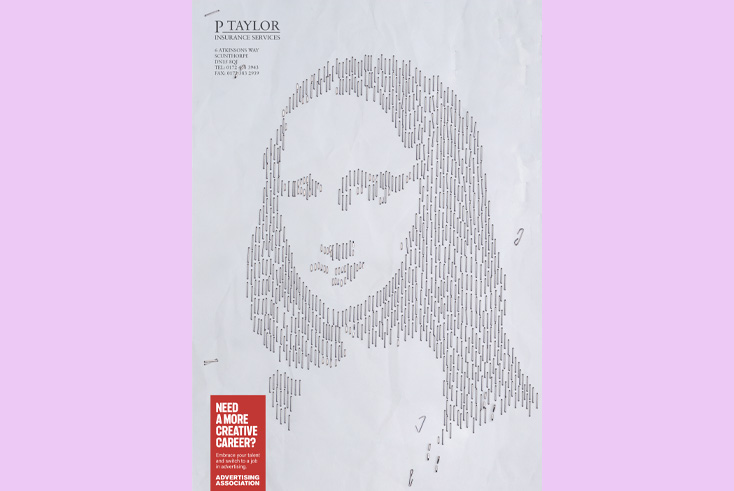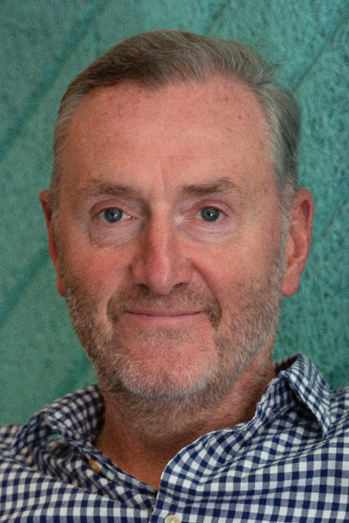Why the Young Lions are already the big media winners at Cannes

Opinion
This year’s winning entry was determined to distribute an idea effectively, rather than allocate a media budget efficiently.
It is, inescapably, that Cannes time of year again. Our awards-crazed industry inspires everything from dangerously slavish devotion all the way through to arch scepticism (especially when you are on the wrong side of their collective judgement)… but rarely complete indifference.
I’m lucky enough to have sat on all manner of the juries that populate our calendar: from strategy to creative and from media to effectiveness. Home questions, largely, though increasingly an away question for many creative agency practitioners: an inevitability, perhaps, but a scandal also.
But, for all the clues they offer for future practice, our awards of record are inevitably a mix of fond backwards glance and, perhaps at best, the ‘first draft of history’. So it’s especially thrilling for those of us who have stepped away from agency life, if not the advertising industry, to find our way back to future-facing endeavour.
What we learn from ‘advertising advertising’
For all its faults, the Cannes’ ‘Young Lions’ programme offers its participants and its adjudicators a glimpse of just that (and remember: the Cannes Lions itself was once an infant, future-facing endeavour itself. Held in Venice.)
So — confidentialities duly observed as a 2023 UK Young Lions media juror — I commend to you both the programme and this year’s winners across the gamut of film, digital, print, design, media and ‘marketers’.
All were tasked this year with “advertising advertising” as a career choice. A tougher challenge than in bygone days for sure: with salaries famously lagging those in alternative fields; a whiff of shame about ‘selling’ (or at least encouraging overall consumption, misplaced as that default assumption about advertising might be); and the gradual diminution of ‘fun’ along the way.
Freely available on the Advertising Association website, this year’s Young Lions winners are all worth a quick look, not least the winning entry in media (from Initiative), boasting as it does some classically reductive thinking and a creative springboard…
Q. Why is the most creative generation in history, not joining the most creative industry?
A. Schools are teaching kids that creativity is a hobby, at best a side hustle, not a career.
It’s in good company as an entry that turns the problem into a solution (see also the creative winners that advance from the insight that this audience is “already working in advertising” with, for example, its carefully art-directed Insta). But it stood out from its media peers by its willingness not just to commit to an idea but its determination to distribute that idea effectively rather than allocate a media budget efficiently.
Media and creative hand-in-hand
A false binary, perhaps, but in this era of over-supply and under-attention (not to mention AI) media thinking that helps ideas take hold must surely be the most valuable kind. That, in turn, speaks to an inconvenient truth, of course: that media must march hand in hand with creative (I so wanted to marry the winning creative entries to the winning media entry).
Media mechanisation and media optimisation bring obvious advantages for players on both the ‘buy’ and ‘sell’ side of our industry, albeit there are costs — or rather downsides — attached also. But, in the end, superior brand performance and advertising cut-through still seems likely to hinge on humans talking to humans.
AI, of course, promises to disrupt that very premise, at least against what Martin Weigel (the newly-installed chief strategy at AMV BBDO) calls “the timely, targeted, tailored, context-sensitive, platform-adaptive content and messaging in the marketing communications stack”. But there’s a counter-argument too, that the human and the high-touch will be more valuable, even if it is more scarce. Or, as Weigel memorably puts it in his recent blog:
“Always having nothing to say over sometimes actually having something to say is not the path to creating the empires of the mind we know as brands”.
For now, then, and for the humans amongst us at least: why just allocate your budget when you could be distributing an idea?

Laurence Green is one of the UK’s most renowned advertising strategists and creative leaders. He was co-founder of the agencies Fallon London and 101. He is now an independent adviser to creative businesses and writes monthly for The Media Leader.
Strategy Leaders: The Media Leader‘s weekly bulletin with thought leadership, news and analysis dedicated to excellence in commercial media strategy.
Sign up for free to ensure you stay up to date every Thursday.



